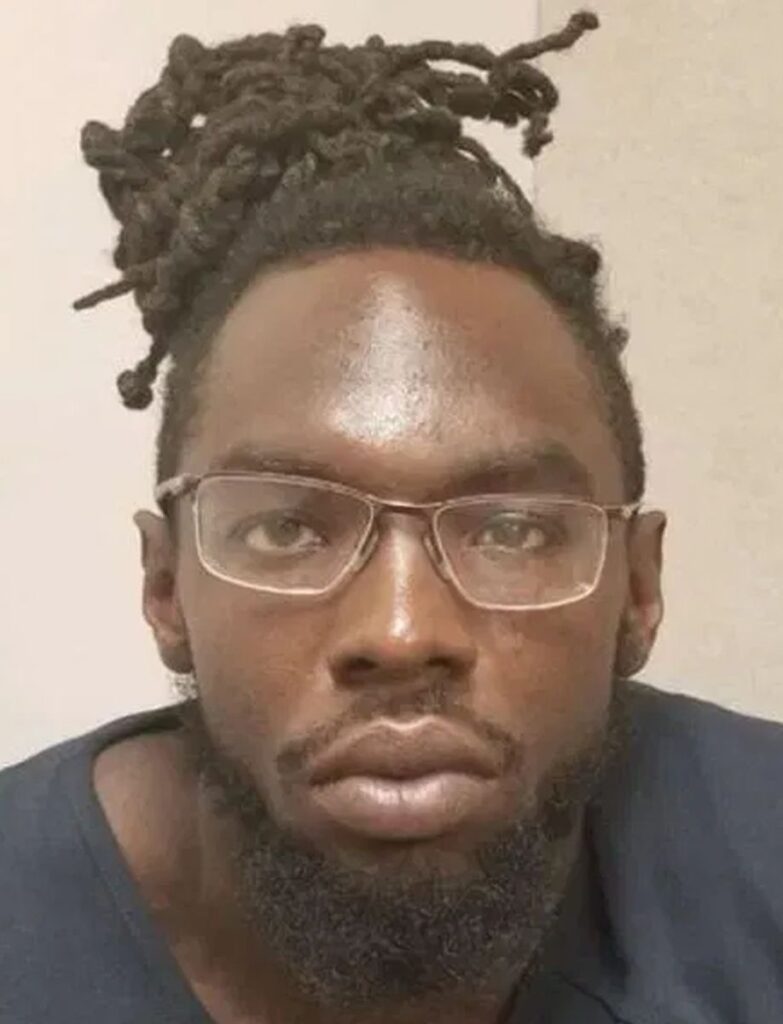Nearly a year after his conviction, the 2024 murder of Taya Ashton, a 20-year-old Black transgender woman, continues to reverberate across the nation.
DeAllen Price, the man who fatally shot Ashton in her Maryland apartment, was sentenced to 60 years in prison, with 12 years suspended, effectively handing him a 48-year sentence for a crime the court described as “vicious and senseless.”
Prosecutors said Price, who had been in a brief relationship with Ashton, murdered her shortly after learning she was transgender. During the trial, Price claimed he only intended to frighten Ashton during an argument, asserting she “grabbed the gun” and “helped pull the trigger”—a version of events that was immediately met with skepticism.
Court Rejects Defense, Evidence Prevails

Forensic testing found no fingerprints from Ashton on the murder weapon. Neither the judge nor the jury accepted Price’s account. Confronted with the facts, Price pleaded guilty to second-degree murder and use of a firearm in a violent crime.
At sentencing, the judge condemned the act as a cruel and cowardly attack on a young woman who “deserved to be seen, respected, and protected—not betrayed and silenced.”
“Taya was more than a headline,” her family told the court. “She was our daughter, our light, and she mattered.”
A Tragic Pattern
Ashton’s death is part of an alarming trend. Advocacy organizations like the Human Rights Campaign and the National Black Justice Coalition note that Black transgender women are disproportionately victims of fatal violence. In 2024 alone, the majority of trans people murdered in the U.S. were women of color.
“This wasn’t just a murder—it was another chapter in a national crisis,” one LGBTQ+ advocate said following the sentencing. “Justice for one doesn’t undo a system that endangers so many.”
Beyond the Courtroom

While Price’s sentencing has brought some measure of closure, Ashton’s family and advocacy groups continue to push for broader change. They’re calling for expanded hate crime protections, increased resources for trans youth, and more inclusive education to combat ignorance and stigma.
Remembering Taya
Loved ones describe Ashton as kind, radiant, and ambitious. Vigils and marches held in her memory have echoed a shared demand: to protect Black trans lives and to ensure that stories like Taya’s are not forgotten—or ignored.
If you or someone you know is experiencing anti-trans violence, contact the Trans Lifeline at 877-565-8860 or visit www.translifeline.org.

